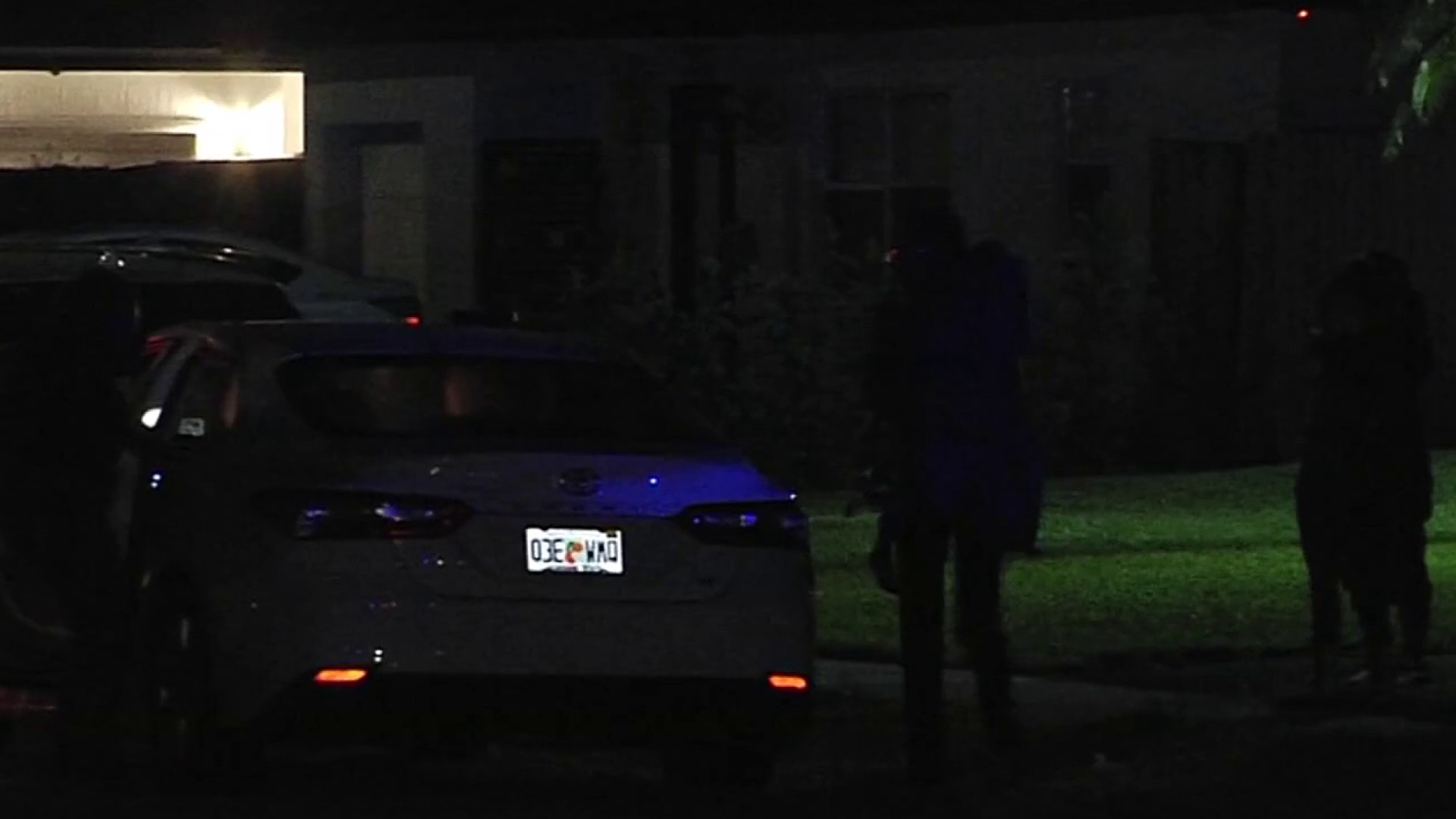Lawmakers must cut debt, but too many spending cuts could imperil economy, Fed boss says.
Royal Caribbean Cruises demonstrated "a gross indifference to the life and health" of passengers by continuing to cruise with a ship "that allowed poison gas exposure to its passengers," a Miami judge ruled.
The ruling is in a lawsuit involving a leak of hydrogen sulfide that killed three crew members and injured 19 others during a 2005 cruise.
Marc Schumacher, of the 11th Judicial Circuit Court of Florida, wrote in the ruling that the evidence provided "a reasonsable basis" to find that the cruise line's conduct was "was either intentional or constituted gross negligence." Read the complete court order here. (pdf)
The company "failed to take reasonable measures to prevent exposure" to the poison gas, Shumacher wrote in the ruling permitting Bjoern Eidiseen, who was staff captain at the time, to seek punitive damages.
Photos taken during a U.S. Coast Guard investigation of the incident document the "extensive corrosion" they say they found in engine room pipes where the leak originated.
The Coast Guard report concludes: "early signs… of hazardous H2S gas …were missed."
Eidiseen told NBC LA that he saw the holes in the engine room pipes. Despite patches that were applied over the holes, he felt the ship was unsafe and warned his superiors.
Local
"It was totally crazy," Eidiseen said in an interview from his home in Norway. "We should never have sailed."
He added: "The cruise line knew about it and they ignored the danger."
Hydrogen sulfide has a density slightly greater than that of air and is commonly found in confined spaces.
It is commonly called a "knockdown agent ," according to the Los Angeles County Department of Health, because acute exposure may lead to rapid loss of consciousness and death.
More than 3,400 people were on board the Monarch of the Seas when the deadly toxic leak occurred.
Among the passengers on board at the time Monya Wright, who watched as the bodies of the dead were carried off.
"We were never told there was a significant problem on that ship," Wright said.
Hours later, the Coast Guard gave the ok for the vessel to again set sail -- with a new set of passengers.
Eidissen’s attorney, Jack Hickey of Miami, questioned the cruise line's motives.
"It looks like they were putting profits over people in this instance," Hickey said.
Judge Schumacher wrote: "Royal Caribbean’s actions demonstrated a gross indifference to the life and health of not only the plaintiff but other passengers onboard the Monarch of the Seas when it continued to cruise with measures that allowed poison gas exposure to its passengers."
Eidissen claims he was fired after the deadly accident for complaining about the conditions. Royal Caribbean says he injured himself by going into the engine room without protective gear.
The cruise line has tried to dismiss the lawsuit, insisting the claims are baseless.
But according to the new court ruling, Eidissen can allege a claim punitive damages against Royal Caribbean because he has presented enough evidence.
Royal Caribbean declined to comment on Captain Eidissen’s termination, the lawsuit or the judge’s order.



